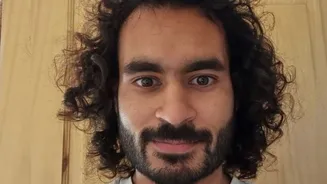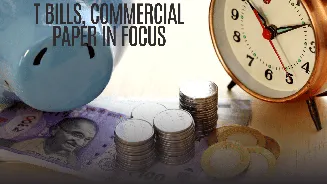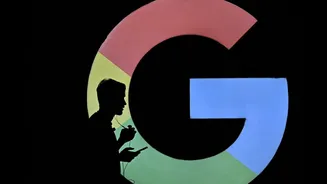The Viral Claim
The internet can be a breeding ground for outlandish claims, and the rumour about the Eiffel Tower's demolition in 2026 is a prime example. This particular
piece of misinformation spread rapidly across social media platforms, capturing the attention of countless users. The claim stated that the iconic structure was scheduled to be taken down in 2026, leaving many people puzzled and concerned. Such stories often gain traction due to their sensational nature, playing on people's emotions and curiosity. Many individuals quickly accepted the information as fact, without investigating its authenticity. The rumour highlighted the speed at which misinformation can circulate in the digital age and the importance of critical thinking when it comes to consuming online content.
Source of the Hoax
The origin of this particular rumour can be traced back to a satirical website, a platform designed to create humorous and often absurd content for entertainment purposes. These websites often publish intentionally false or exaggerated stories in an attempt to satirize current events or societal trends. The story about the Eiffel Tower was created by a website known for its satirical pieces, not a credible news outlet. This information is crucial to understanding the nature of the claim and its initial intent. However, despite the satirical nature, many people missed this key detail, and the story was widely shared as an actual piece of news. The ability of this satirical story to be taken so seriously underscores the power of the digital age and the prevalence of misinformation in the current environment.
Why It Spread?
Several factors contributed to the wide dissemination of this false claim. Firstly, the Eiffel Tower is a globally recognized landmark with a strong emotional connection for many people. Any news surrounding such a structure is likely to attract attention. Secondly, the rapid spread of information via social media platforms and messaging applications facilitated the story's dissemination. Users often share content without fully verifying its accuracy. Thirdly, the lack of context often contributes to the acceptance of fake stories. When users come across shocking news, they often share it, not bothering to check for the source. Ultimately, the convergence of a sensational subject, a highly connected digital ecosystem, and a general lack of critical evaluation led to this specific rumour going viral.
Identifying Fake News
With the proliferation of misinformation, it is essential to know how to distinguish between genuine news and false reports. The first step is verifying the source of the information. Reliable news sources have established reputations and editorial processes. Look for fact-checking sites to evaluate the accuracy of claims. Also, consider the language and tone of the article, which might indicate it's a satire. Many satirical sites will be transparent. Pay attention to the website's domain, as fraudulent websites often have unusual domain names or mimic the appearance of established news organizations. By developing these critical skills, people can protect themselves from the negative impacts of fake news, ensuring a more informed and discerning approach to online content.
Impact of Misinformation
The spread of misinformation like this Eiffel Tower rumour can have several consequences. It can erode public trust in legitimate media outlets and institutions. The constant exposure to false information can lead to a feeling of distrust and confusion, making it harder to identify truth. Misinformation can also lead to real-world repercussions, such as influencing public opinion on important topics. Further, it can divert attention from genuine problems. Finally, it can be damaging for tourism, if the location mentioned is affected, or even for other aspects of a nation's economy if the rumour is believed by a large enough group of people. Understanding the damaging effects of fake news is crucial in fostering a more responsible online ecosystem.
The Eiffel Tower Stands
The Eiffel Tower remains standing, of course, unaffected by any demolition plans. This incident serves as a reminder to take a critical approach to the information consumed online. It is important to verify any unusual news by looking for reliable sources, and to be wary of sensational or overly dramatic claims. The Eiffel Tower will continue to be a symbol of Paris and a popular destination for years to come. The incident also shows the significance of media literacy, including fact-checking skills, source evaluation, and critical thinking for everyone. Always be vigilant while browsing online; verifying all the news you encounter on the internet is key to protecting yourself from the spread of misinformation.





















